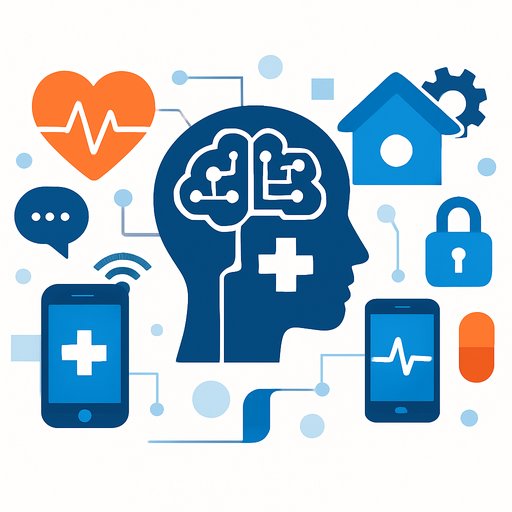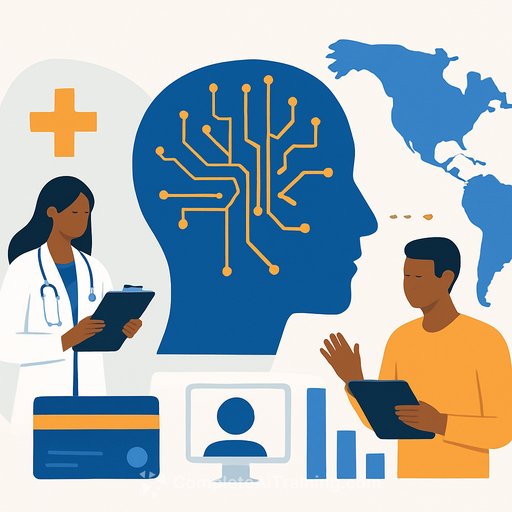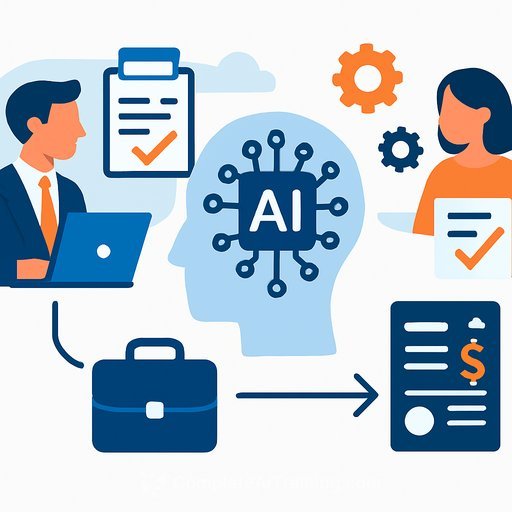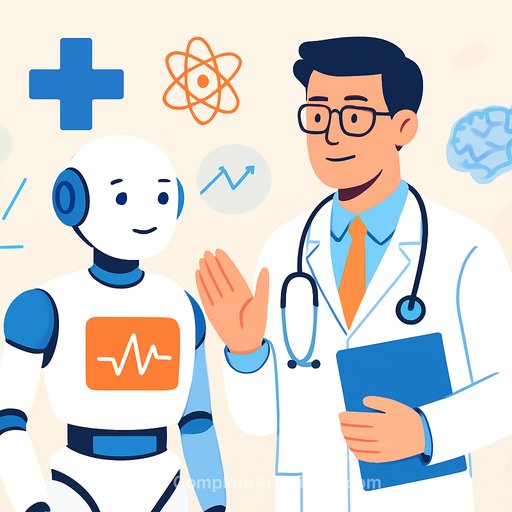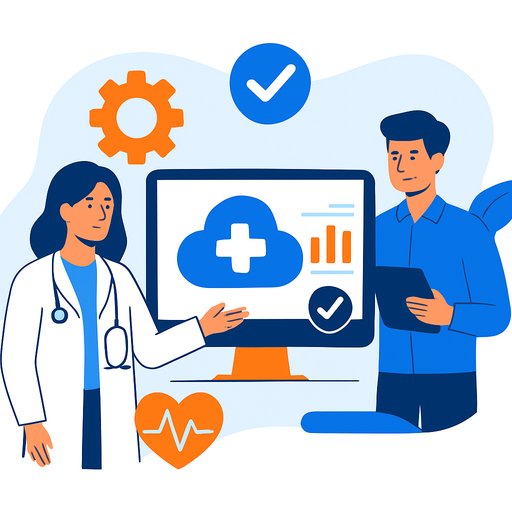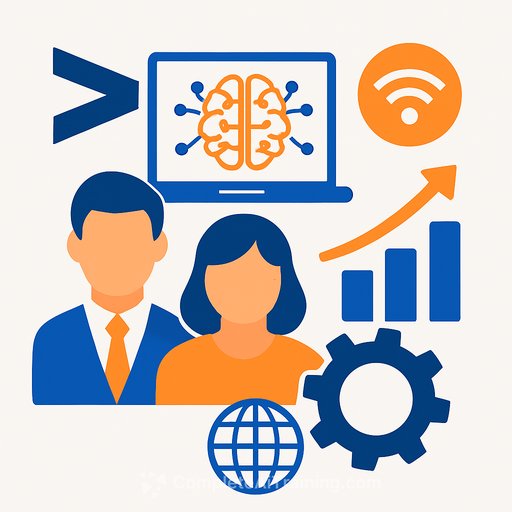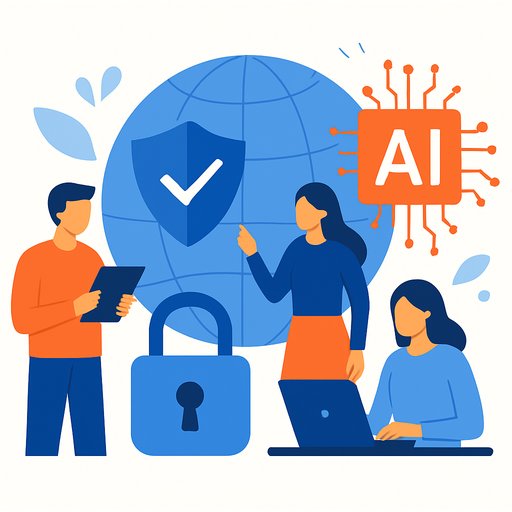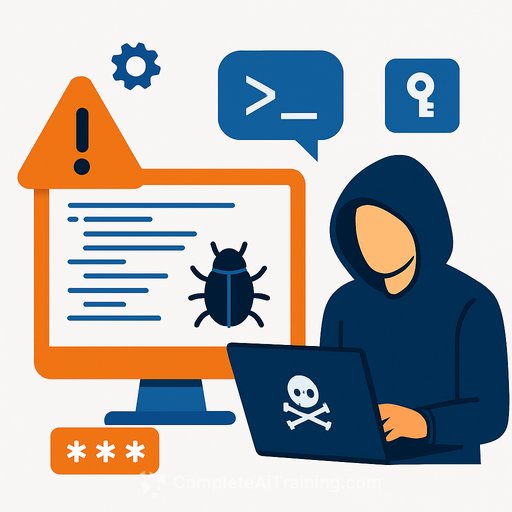AI Leads the New Boom in Smart Healthcare as Home Control Expands Its Healthcare Ecosystem
The global smart health management market is scaling fast. According to market research, the artificial intelligence healthcare market is projected to reach USD 67.72 billion in 2025 and could exceed USD 6.4 trillion by 2037, with Asia-Pacific contributing about USD 2.5 trillion.
Home Control (1747.HK) has stepped into this momentum by setting up a wholly-owned subsidiary, Orbiva Limited, in Hong Kong. The move signals a full entry into AIoT-enabled home healthcare and a broader, diversified healthcare ecosystem-reflected in growing market interest and a rising share price.
What Orbiva Brings to the Table
Orbiva prioritizes home healthcare with an intelligent platform that integrates hardware, software, data, and services. The roadmap includes self-developed wearable monitoring devices, interactive smart products, and integrated control terminals.
Through a secure AIoT-enabled digital platform, users can connect home health devices, enable data interoperability, and build personalized digital health profiles. The company is also linking clinics and primary healthcare institutions to integrate health records and deliver connected services across medical care, insurance, pharmaceuticals, and wellness.
Technology, Partnerships, and Execution
Beyond product development, Orbiva cultivates AI and Web3 technologies that fit its strategy in home physiotherapy and healthcare. It collaborates with leading academic institutions to establish joint labs and maintains close cooperation with top hardware manufacturers.
At the ecosystem level, preliminary exchanges with fintech institutions are underway to test new models that could support scalable services and risk controls. These moves help create a stable foundation for data flow, service delivery, and monetization.
Why Home Control Is Positioned to Win
Breaking into smart healthcare requires high entry barriers, capital, technical depth, and strong data governance. Home Control, originally spun off from the Philips Group's home control division, brings mature IoT and smart home control expertise, data interoperability know-how, and international market experience.
Since entering healthcare solutions in 2019, the company has achieved technical progress in specialized areas such as hearing aids. Its strengths in product design, manufacturing, and market insight provide a clear competitive edge in a blue ocean segment.
Data Governance and Compliance
Data management and regulatory compliance sit at the core of the platform strategy. Home Control plans continued investment to meet international standards and strengthen oversight.
New appointments add cross-disciplinary depth. Independent Non-Executive Director Mr. Chen Yi Chung brings extensive healthcare operations experience across Asia, overseeing more than 130 clinics and medical centers in Singapore. Non-Executive Director Ms. Ma Ying, co-founder of the Zhejiang Jack Ma Foundation, adds strategic reach and partnership potential. Independent Non-Executive Director Mr. Ye Min contributes capital markets, risk management, ESG, and Web3 finance expertise to support strategy and compliance.
For teams building regulated products, frameworks such as the FDA's perspective on AI/ML-based SaMD are useful reference points. See the FDA resource on AI/ML in medical devices: FDA AI/ML SaMD.
Market Signal and Strategic Direction
Recent share performance shows growing optimism around Home Control's valuation re-rating. The bigger story is the shift from a low-profile hardware maker to a platform enterprise that integrates hardware, software, data, and services.
By deepening collaborations with universities, healthcare providers, fintech players, and international healthcare groups, the company is preparing to deliver real-time personal health monitoring and seamless online-offline healthcare experiences. This tight integration of AIoT smart homes with medical health services could set a practical standard for connected care.
What This Means for Healthcare, IT, and Developers
- Healthcare providers: Expect better remote monitoring, improved patient engagement at home, and cleaner data handoffs between home devices and clinical systems.
- IT leaders: Prepare for APIs, device identity management, consent management, and data standardization across HL7 FHIR, device telemetry, and insurer interfaces.
- Developers: Focus on secure data pipelines, edge inference for wearables, privacy-by-design, and interoperability testing across multi-vendor environments.
- Insurers and fintech: Explore risk models that use verified home health data, with clear governance and audit trails.
Practical Next Steps
- Map device and data standards early (e.g., FHIR, ISO/IEC security standards) to reduce integration costs later.
- Build a consent and data minimization model upfront to streamline compliance reviews.
- Pilot with a narrow use case (e.g., home physiotherapy or hearing care) to validate outcomes and reimbursement pathways.
- Create a cross-functional steering group (clinical, IT, security, product, legal) to accelerate approvals and reduce rework.
For teams upskilling on AI fundamentals, MLOps, and product workflows relevant to healthcare and IoT, see curated learning paths by role: AI courses by job.
Digital health policies continue to evolve worldwide. For context on public health priorities and digital health initiatives, review the WHO resources: WHO: Digital health.
Bottom Line
Home Control's launch of Orbiva concentrates device innovation, data infrastructure, and healthcare partnerships into a single platform play. If execution stays tight on interoperability and compliance, it can move home medical data closer to everyday care-while giving providers, developers, and payers a cleaner path to measurable outcomes.
Your membership also unlocks:

